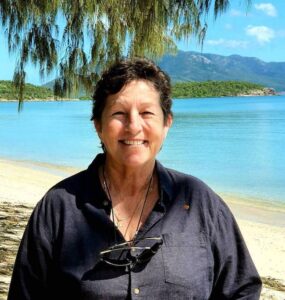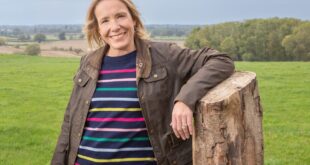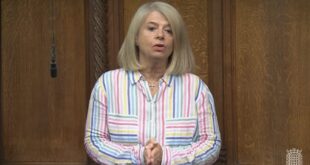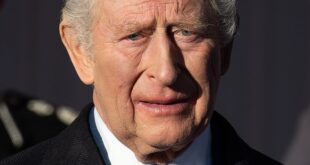Seafaring dates back thousands of years and has sometimes been regarded as ‘no job for women’.
In some cultures it was even considered unlucky to have female crew.
No wonder women found it difficult to break into maritime jobs.

Phillipa Cowan
In 1989, the then Department of Harbours and Marine (the forerunner of MSQ) largely reflected this historical bias. While plenty of female employees were in office-based positions, maintaining navigation aids was still considered the preserve of men.
Philipa Cowan saw an advertisement for a Navigation Aids Attendant at MSQ’s Gold Coast base and decided to apply.
She was inspired by childhood stories of seagoing adventure.
“I was always an avid reader of shipwrecks and Queensland maritime history,” Philipa said.
“I read wonderful stories like Treasure Island, Robinson Crusoe, Voyage of H.M.S. Rattlesnake and the story of the Quetta” (a Royal Mail Ship that sank off the tip of the Cape York Peninsula in 1890).
By 1989, Philipa had been indulging her passion for the sea by occasionally crewing and learning on the vessel used by the shark net contractor on the Gold Coast.
This helped in her application for the MSQ job, which was contested by 249 other applicants.
“I knew many of the men at MSQ’s Gold Coast base as a result of this work, and they knew my work ethic, what I was capable of and that I knew the area well,” Philipa said.
“After my third interview I was told that that my application had been successful.
“It was a big deal in Brisbane and the Harbour Master came down to meet and congratulate me.”
Philipa became the first woman to be employed by the department to work on navigation aids since its creation in 1862.
She had broken through a ‘glass ceiling’ in place for 127 years!
Philipa’s breakthrough permanently changed perceptions within MSQ, which now employs five field-based female Marine Officers.
“I didn’t know at the time I was going to make history in the department – I just wanted to be part of it,” she said.
“How many people have an opportunity to work in an environment they love and enjoy, like the sea and waterways, while making an impact on safety?
“That’s why I applied for the job. I really didn’t think I would be selected from 250.”
Philipa subsequently took up positions for the Great Barrier Reef Marine Park Authority (as First Mate on one of its reef monitoring vessels), and in the construction industry and then for the resort at Hamilton Island in a varied career.
Her advice for other women considering a maritime position?
“If you want to apply for a job that your heart is really set on, never question yourself or others or think about ‘what ifs’,” she says.
“Give yourself a go and believe in yourself. I did.”
To keep up to date with all marine industry news visit www.marinebusinessnews.com.au
Source link



